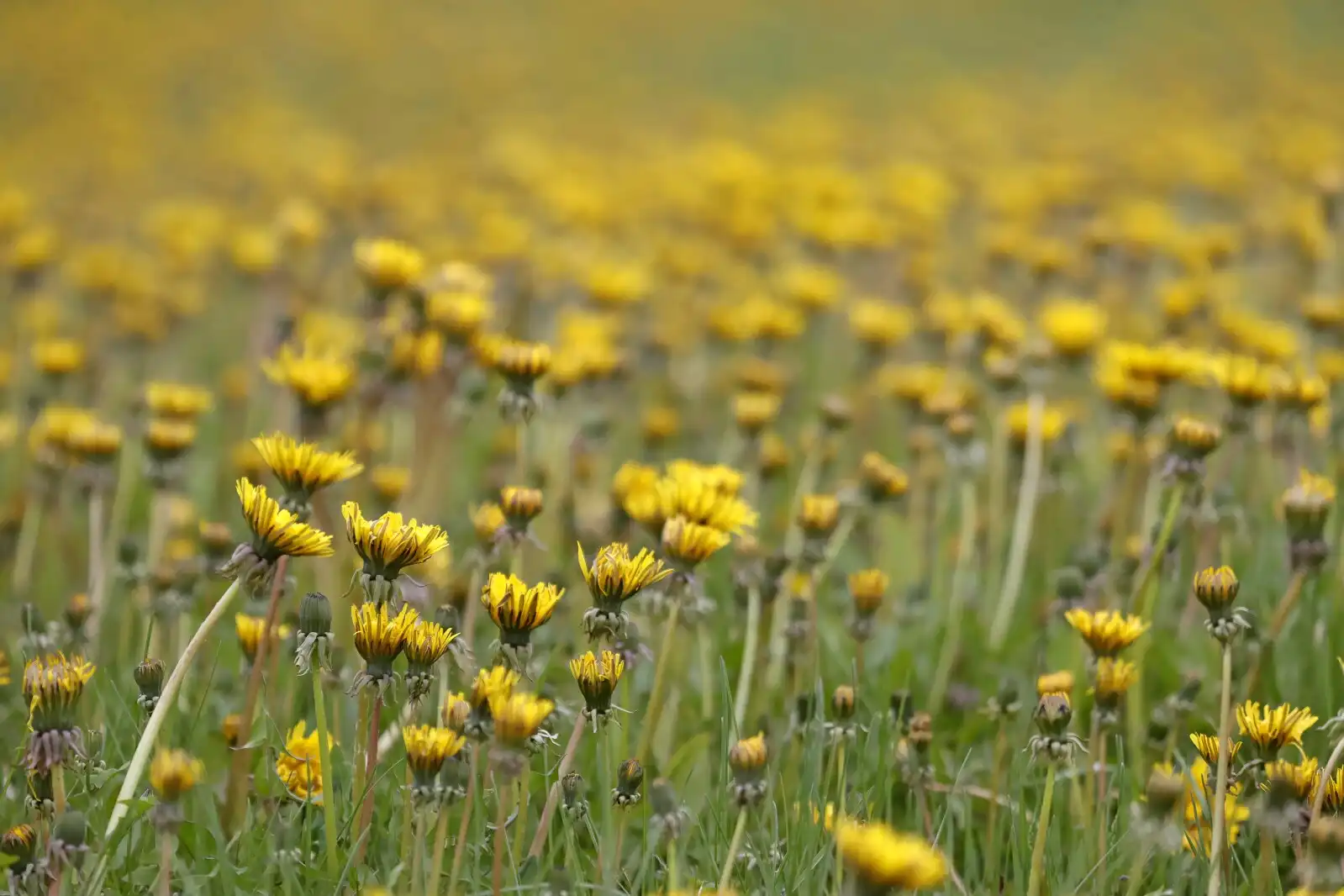Kinzler discusses concerns with 'No Mow May' campaign
No Mow May is causing more harm than good, damaging lawns and promoting dandelions. Planting a bee-friendly garden is a better option.
Advocates for ideas and draws conclusions based on the interpretation of facts and data. No Mow May, a well-intentioned initiative to support pollinating insects by pausing lawn mowing during May, has gained popularity in recent years. However, the effectiveness of this practice is questionable, and it may actually harm lawns in the process.
The concept of No Mow May was introduced in the United Kingdom in 2019 to encourage the growth of flowers in lawns, providing early-season pollen and nectar for bees and other pollinators. This idea spread to the United States, with cities like Appleton, Wisconsin, adopting the practice. While the intention behind No Mow May is noble, the execution may not yield the desired results.
Research conducted by Lawrence University initially supported No Mow May, but the study was later retracted due to inconsistencies. The idea that allowing lawns to grow wild in May will result in a meadow of beneficial wildflowers is not always accurate. In reality, dandelions, which are not the most nutritious food source for bees, tend to dominate lawns that are not mowed.
Dandelions can quickly spread and choke out other flower types that provide better nutrition for bees. However, there is a type of flower that thrives in lawns and supports bee health: white Dutch clover. This low-growing clover can coexist with turfgrass and provide a true bee haven without the need for No Mow May.
In addition to promoting dandelion growth, No Mow May can also harm lawns by causing grass to become stemmy and coarse when mowed after excessive growth. Removing more than one-third of a grass blade at once can shock grass plants, compromising the health of the lawn for the rest of the growing season.
Instead of participating in No Mow May, individuals can support pollinators by planting perennial flower gardens with native wildflowers, spring flowering trees, and shrubs rich in nectar and pollen. This not only benefits bees but also enhances the beauty of the landscape. By taking a more strategic approach to supporting pollinators, we can ensure a healthy ecosystem while maintaining the beauty of our lawns.











Comments on Kinzler discusses concerns with 'No Mow May' campaign